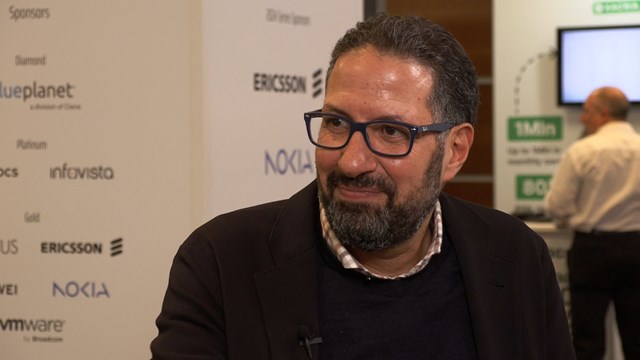
© TTV Montage / cc Benjamin Cecchetto / LF
- LF Deep Learning Foundation adds two new projects
- New projects submitted by Baidu and Tencent
- Angel is a distributed machine learning platform
- EDL is an Elastic Deep Learning framework for cluster cloud services
Open source artificial intelligence (AI) and machine learning (ML) has received a boost from the Linux Foundation with the news that its LF Deep Learning Foundation has added two new projects to its roster, joining the Acumos AI work. The Linux Foundation launched the LF Deep Learning Foundation back in March this year as an umbrella organization to support open source innovation in AI, ML and deep learning.
AT&T and Tech Mahindra were founding members, and quickly ported across their Acumos AI project to the Foundation. Acumos is a platform for the development, discovery and sharing of AI models and AI workflows. Other founders include Amdocs, Huawei, Nokia, , ZTE, Tencent and Baidu. It’s the last two on that list that have stepped up with new projects this week.
The Angel Project from China’s Tencent is described as a distributed machine learning platform based on Parameter Server, running on YARN and Apache Spark. It is tuned for performance with big data and provides advantages in handling higher dimension models with billions of parameters. The project already has more than 1,000 commits (or code contributions to us non-dev folk) and its algorithms are available to use “out-of-the-box” so analysts and data scientists can submit jobs without writing any code.
“Angel shares a common goal with the LF Deep Learning Foundation: to make deep learning easier to use,” said Xiaolong Zhu, senior AI researcher at Tencent. “By becoming a part of the LF Deep Learning Foundation, we believe Angel will be more active in the open source community, accumulate more use cases, expand usage scenarios and actively cooperate with other partners. Angel will continue working on a consistent and continuous user experience to make deep learning technology easier to apply and develop.”
EDL from China’s Baidu is described as an Elastic Deep Learning framework designed to help deep learning cloud service providers to build cluster cloud services using frameworks such as PaddlePaddle and TensorFlow. It includes a Kubernetes controller, PaddlePaddle auto-scaler (who comes up with these names?), which changes the number of processes of distributed jobs to the idle hardware resource in the cluster. Like Angel, EDL also already has nearly 1,000 commits and uses the Apache-2.0 license.
“We are excited to see that EDL has been accepted to LF Deep Learning Foundation,” said Yanjun Ma, Head of Deep Learning Technology Department at Baidu. “As an elastic deep learning framework for PaddlePaddle, we believe that EDL will substantially benefit the deployment of large-scale deep learning services, and the broader deep learning open source community.”
Email Newsletters
Sign up to receive TelecomTV's top news and videos, plus exclusive subscriber-only content direct to your inbox.




